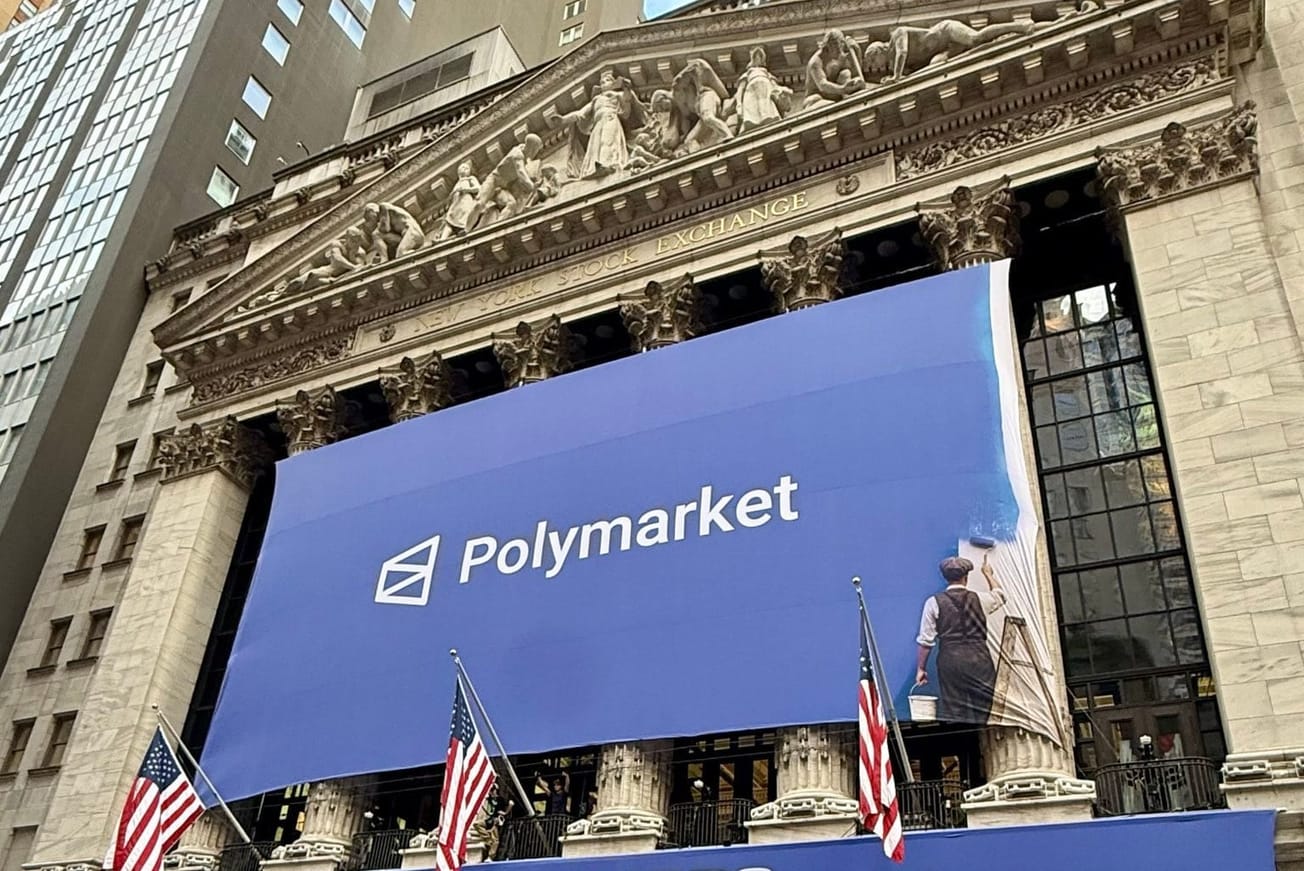Table of Contents
Cryptocurrency can now be divided between married couples in South Korea during divorce proceedings.
South Korean law firm IPG Legal clarified the law, stating that both tangible and intangible assets, including crypto, can be divided during a divorce.
Citing Article 839-2 of the Korean Civil Act, IPG Legal explained, “Either spouse may request a division of marital assets accumulated during the marriage upon the divorce in Korea.”
The firm referenced a 2018 South Korean Supreme Court ruling that recognized cryptocurrency as property due to its economic value as an intangible asset. Consequently, cryptocurrencies acquired during marriage can be part of the marital estate.
If one party's wallet information is unknown, courts can issue a fact-finding investigation” to determine its value.
“Tracking crypto investments is easier than traditional cash,” the firm said, due to the transparency of blockchain technology and its preservation of transactions.
During divorce proceedings, the parties can decide to either cash out or split the crypto directly.
Last month, South Korea's financial watchdog, the Financial Supervisory Service (FSS), initiated a comprehensive inspection of cryptocurrency exchanges to ensure compliance with stricter regulations introduced in July.
This marks the first major regulatory review since the implementation of the Virtual Asset Users Protection Act. The FSS aims to identify suspicious transactions and verify that exchanges are adhering to rules designed to protect virtual asset investors and maintain proper transaction records.
Bithumb, one of South Korea's largest cryptocurrency exchanges, also revealed plans to pursue a listing on the Nasdaq stock exchange.
At its shareholder meeting on September 30, the company said it is currently targeting a late 2024 IPO with Samsung Securities as the lead underwriter.
The exchange had planned to go public on independent Korean stock market Kosdaq 10 months ago, but cancelled it in March 2024 due to market conditions.












